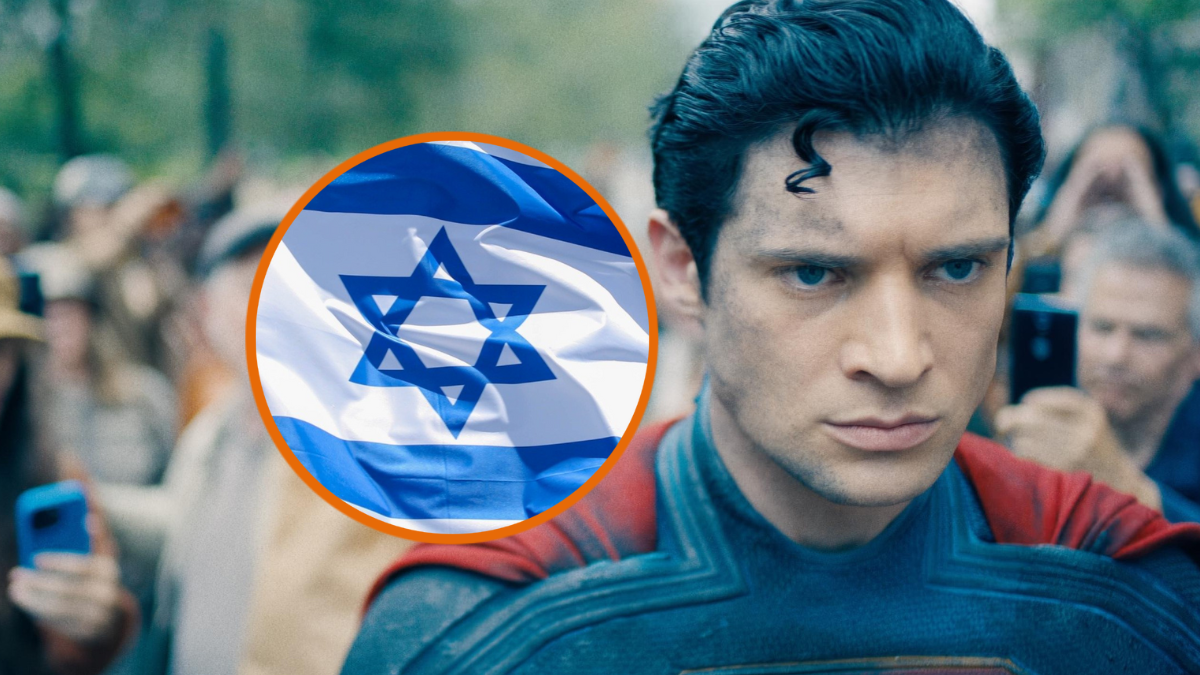
As a resident Brit, there’s little I despise more than my country’s incessant outpouring of period dramas. It’s a patronizing cultural hangover from that unfortunate, Firth-filled time when they were all the British film and television industry seemed to be good for – it didn’t help that they all kept winning Oscars, either. In spite of the insanely limited parameters you are forced into when making a period tale of frocks and flouncing, there’s still a fair few of them churned out every year, and all the while the ghastly beast that is Downton Abbey just keeps rolling on. It’s a sub-genre that’s proved completely Old Hat for so very long, and that’s why Belle is such an anomaly – for the first time in a long time, a British period drama actually surprised me.
It’s not necessarily exemplary you see, but I can’t imagine many people writing off the true story of a half black girl, brought up as a member of the 18th century aristocracy, as throwaway. It’s a film that thrives when twisting various period staples like discussions of inheritance – and the near inevitable love triangle between the smarmy nobleman and the firebrand every-man – on their respective heads. That said, in pedigree and plotting, Belle feels pretty dang ordinary.
Gugu Mbatha-Raw plays Dido, the illegitimate child of a naval officer adopted into her father’s family following her mother’s death. She’s been raised a lady, in spite of her ethnicity relegating her to a strange limbo where she is considered above the serving staff, but isn’t allowed to dine with the rest of her family. As an interesting twist on a setup so dead at this point that I’d happily bury it myself, it works, but not in the way that you’d think.
You see, no matter how hard Belle tries to convince you that it’s a film that casts a new and unusual light on the position of race in the 18th century – as the core concept and publicity campaign seem to all but insist – it’s much more an analysis of the societal constraints placed upon women in Georgian England. Most of Dido’s struggles – and to an even greater extent those of her white half-sister (Sarah Gadon) – stem from her gender rather than her race. Both of the girls are constantly hurled at suitors amidst frenzied discussions of inheritances and packets of land, reduced to convenient step ladders for their various family members and prospective husbands. It gets to the point where the wrap-around plot of Tom Wilkinson’s lawyer dilly-dallying over the ethical dilemmas of slavery feels crow-barred in, and the film ends up making a much greater statement as to why most female-centric period dramas don’t work.

This was a time where women of a certain social status were born, raised and all but required to be dull. Their life was deliberately sheltered from the perceived corruption of the outside world, and to so many of their parents and suitors they were seen as part of the furniture – they were never going to do anything, or go anywhere, they were just supposed to sit there and look nice because that’s all they were required to do. It’s why I despise the works of Jane Austen, and it’s why Belle, in spite of all its pretensions of ethical significance, truly works. Dido, while partial to the occasional blanditude, is a character whose unusual world view makes her a breath of fresh air to a sub-genre that is all but devoid of properly strong female characters.
It’s a shame that Dido’s dignified raging against the status quo is put on the back-burner in the film’s closing stages, at which point a love interest whisks her off her feet and turns her tragically into the kind of bland stereotype she never deserved to become. This is, after all, a film that wants to be about slavery (And don’t you dare forget it), and the last half hour sees the genuinely impressive Mbatha-Raw relegated to doe-eyed weeping as Tom Wilkinson’s high court judge and Sam Reid’s be-cheekboned lawyer lock horns. It’s a shame to see a film that seemed so keen to look at the genuine plight of its women copping out in the end, but with its heavy-handed agenda I guess it was inevitable that Belle was always going to blow it. That said, it remains my favorite costume drama in living memory.
Not that that’s saying much, this twilight world of petticoats and betrothals hasn’t yielded anything special or original in years, and I can’t say that Belle has restored much of my faith – but it did prove me wrong on one count. This is still a sub-genre that has something to say. What so often gets lost in this sea of inanely dulled “mi-ladies” and Austenian moping is the tragic story of a whole gender told how to live their lives without any say of their of their own. These are the stories I want to hear – rebellion over resignation, questioning over polite acceptance. Belle isn’t going to set the world on fire, but in an unusual, and somewhat accidental way, it’s a breath of fresh air.










Published: May 9, 2014 09:12 pm